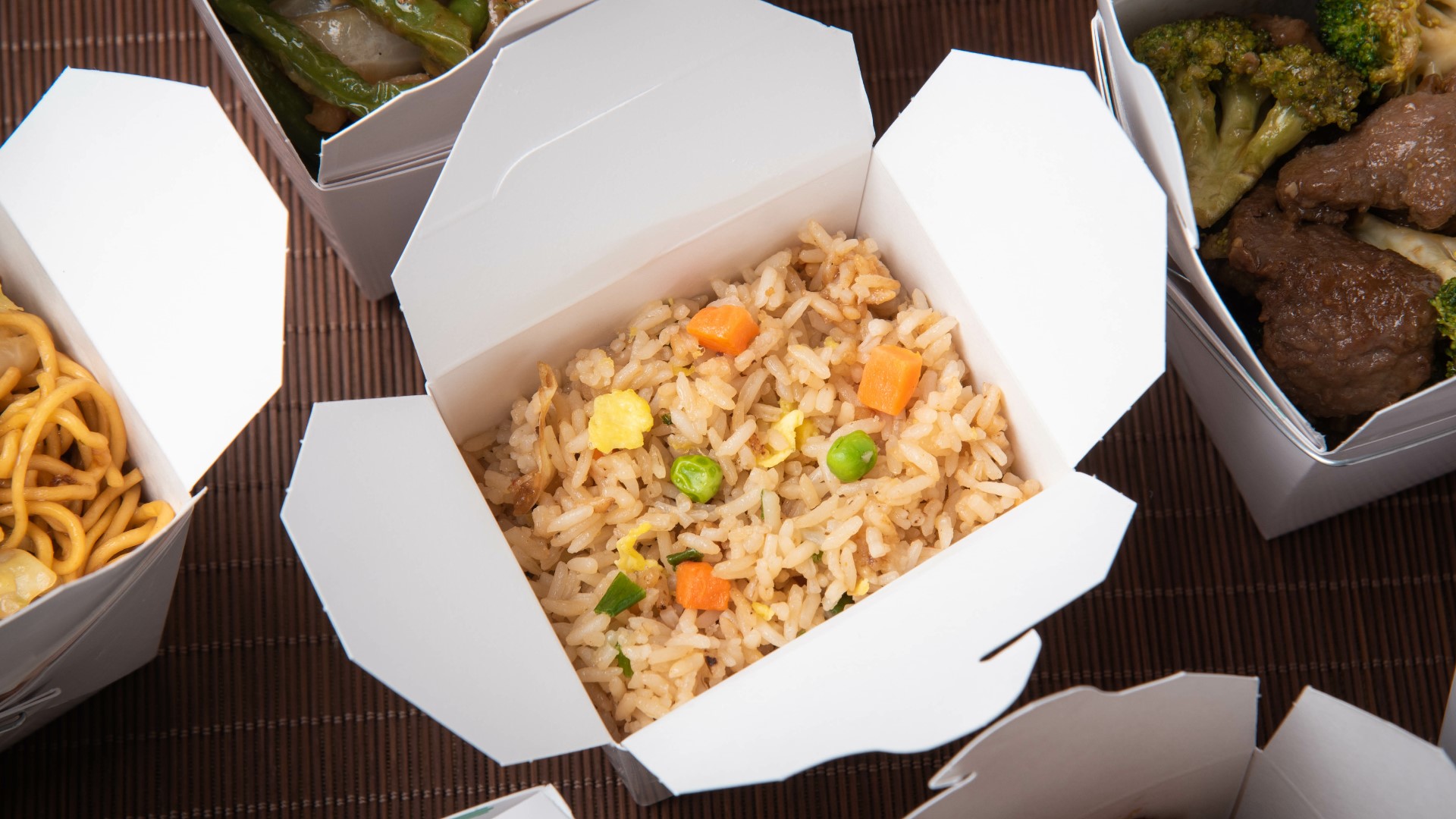SEATTLE — Rice and pasta are foods that might be considered safe to eat after they've been left out of the fridge for some time — they're not like dairy or meat — foods we typically think spoil quickly.
But certain starchy foods can indeed go bad and in certain conditions, make people dangerously sick if they're not careful.
The culprit is the bacterium, bacillus cereus. It is ubiquitous in our environment, notably, in the soil. And if left to their own devices, the bacteria can proliferate in our food.
"Different foods tend to grow different organisms better than others," said Dr. Christopher Damman, a clinical associate professor of gastroenterology at UW Medicine. "These organisms will find a good way to get a good meal."
That good meal can be obtained in a variety of foods, including starchy foods like rice, pasta and potato salad, among others. When they're left out of cold temperatures for too long, any bacillus cereus present in the food can grow and emit toxins that make us sick.
"Your gut isn't reacting to the organism, per se; it's reacting to the toxin that that organism has already made within the food," Damman said.
Daisy Wan, a registered dietician at Overlake Medical Center, said not to be fooled if food left out still smells or looks fine.
"I think that can fool people that the food looks okay, it doesn't smell off-colorish, but those bacteria are still there," Wan said.
Wan said food poisoning from bacillus cereus can result in serious illness. Symptoms include vomiting, nausea, diarrhea, and low-grade fever.
"Usually most food-borne food poisoning resolves itself within 24 to 48 hours, but if it's going on more than that, you should definitely seek medical help," Wan said.
Wan said rice, pasta and other starchy foods should be chilled within two hours after they're cooked. She adds, leftover food in the fridge should be thrown out after 3 to 5 days, even if they've been properly cooked.
Also, re-heating such foods, won't remove any potential bacillus cereus toxins in the food, because the toxin is heat resistant.
"Even if those foods are reheated, and heated to a high temperature, that toxin is not removed," Damman said.
What is fried rice syndrome?: HealthLink
It's not just rice that can cause this type of food poisoning, other starchy foods can cause food-borne illness if they're not handled properly.

